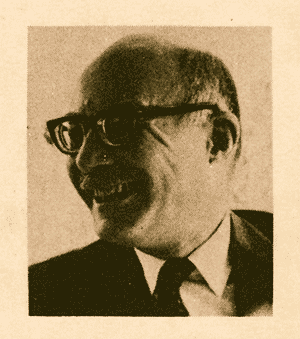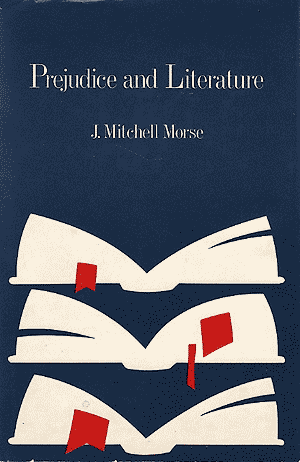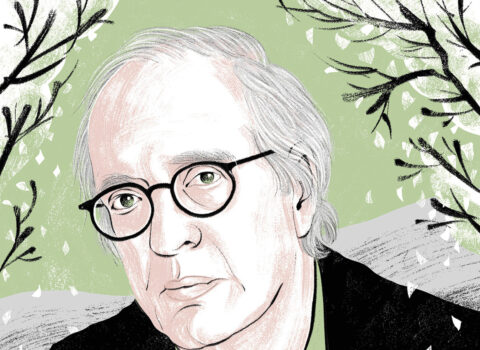
Josiah Mitchell Morse was blessed, by birth, with a beautiful American name, but such luck hasn’t been enough to ensure him and his work a place in the cultural memory. As of this morning, for example, a Wikipedia search assures us of Morse’s insignificance, offering only a grim ‘there is no page titled…’ alert. Using an earlier measure of a culture’s indifference to the strenuous exertions of its members, we might gauge Morse’s irrelevance, thus: none of his serious, funny, learned, angry, angering books has remained in print.
“So?” a non-reader in our nation’s capital might retort. For, of course, print now runs a distant panting second place behind swifter means of messaging. Naming an author whose archaic pagebound undertakings are underknown is lately easy sport—how many of us, to save our lives, could extemporize even on the work of Dario Fo, Elfriede Jelinek and Kenzaburo Oe? The particular loss, though, of Morse—he died Christmas day, 2004, at 92—as a reasoned voice in our recent past offers, at least, to a culture that does delighted little backflips at every latest irony, the further irony that Morse was a dedicated protector, in his work, against a particular kind of cultural loss: the ability to communicate, clearly and lastingly and memorably, in words.
Consider the beginning of my favorite of Morse’s books, Prejudice and Literature (1979):
In my first year of teaching English my freshmen wrote one of their themes in response to a story entitled “The Petrified Giant,” which had to do with a large rock formation so named and its psychological effects on the people who lived near it. One girl wrote, “This story doesn’t make sense because a giant is bigger and stronger than anybody so why would he be petrified.” When we went over her paper in my office I asked her, “What does ‘petrified’ mean?” “‘Scared,’ “ she said. “You know—petrified. Like when you’re petrified.” That was my first experience of a person who knew the metaphorical meaning of a word but not the literal meaning.

Morse’s two most delightfully enraged books, the above and The Irrelevant English Teacher (1972), are unusual artifacts, not merely of the fraught academic climate of the 1970s that engendered them. Rather, they are the fiery remains of a debate that has passed away, or now sleeps so deeply as to seem buried, with only the rarest little bell on its coffin. “To the extent that the establishment depends on the inarticulacy of the governed,” Morse wrote in 1972, “good writing is inherently subversive.” Morse’s books are themselves subversive, the fulminations of a literate man hell-bent on good usage and not unwilling to offend while making his campaign. His books are not genteel, are not what we would call, surely to his ire, ‘work safe’. Rather, they are radical in their insistence on a mode of argument that is conversational and anecdotal and yet rarely less than rigorous. They insist that style, true style, “is a matter of intellectual self-respect. To write well, a certain moral courage is essential.”
Evidence of Morse’s squandered courage may still be salvaged, though, for a buck or two. My latest copy, for example, of Prejudice and Literature (I give them away to the susceptible) came last week. An inscribed copy, no less, though of course not to me, and one that the undersigned—call them our culture—didn’t even crack.






